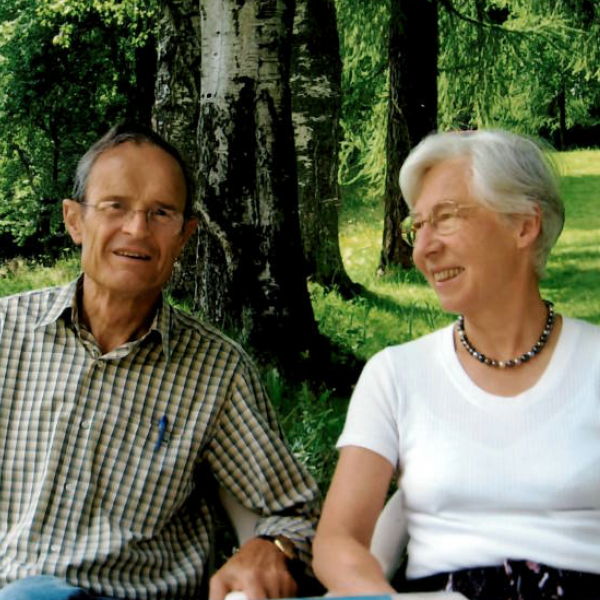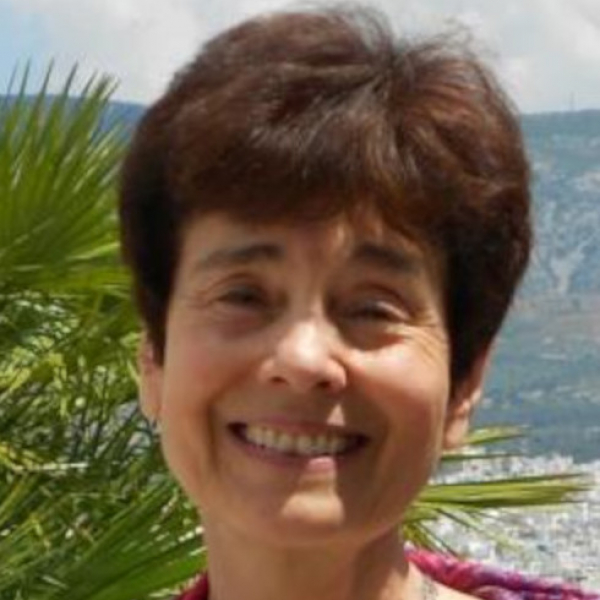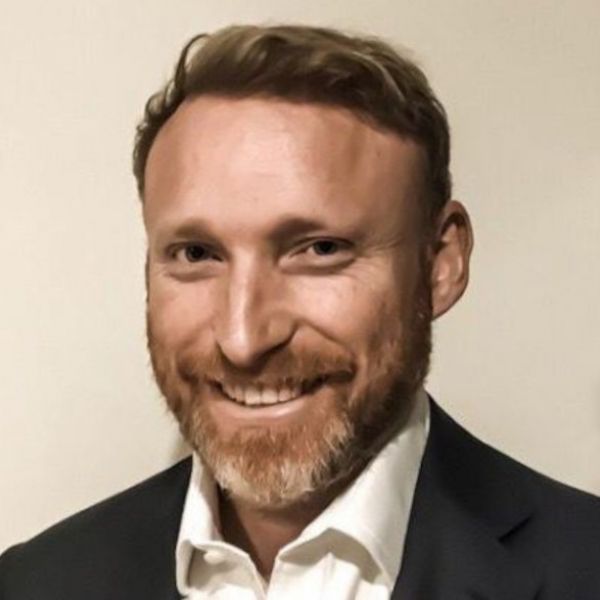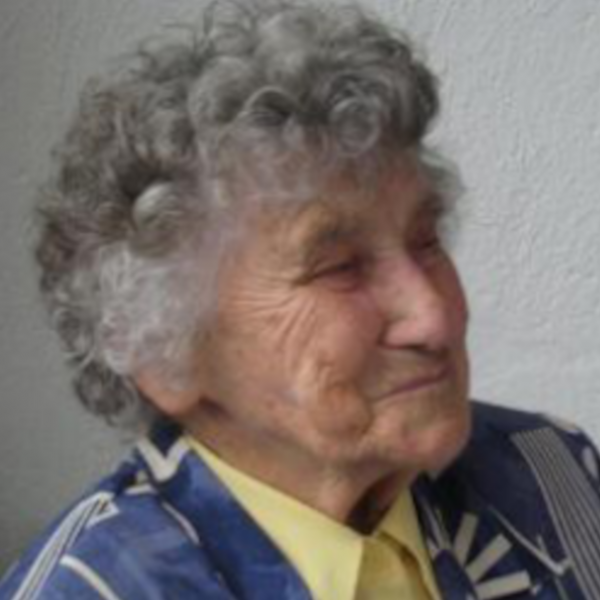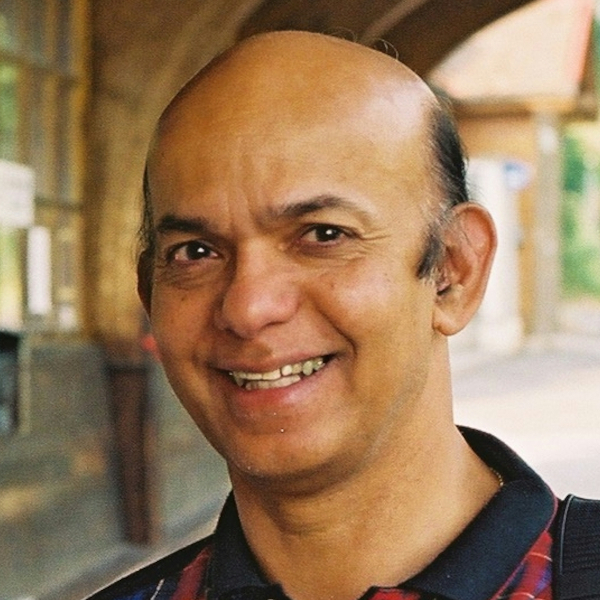
1973: Kim Beazley – ‘Essence of intelligent statesmanship’
By John Bond
05/07/2021
In 1973 Australia’s national elections brought a Labor Government to power, and Kim Beazley – a familiar face at Caux – was appointed Minister for Education. Beazley was determined to ensure that every Australian child received the best possible education, and launched a transformation in Australian schools.
The schools were either run by churches or by the state, and there was immense resentment at the inequities in their state funding. Under Beazley’s leadership, the Department of Education started funding all schools according to their need, giving the largest grants to the poorest schools.
When the Australian National University awarded an honorary doctorate to Beazley in 1976, the citation stated that his action had ‘healed an ulcer that has festered in our society for close to 200 years. Sectarian bitterness, which has focused on schools and their funding, was dealt a death blow by needs-based funding.’
Beazley regarded his first visit to Caux in 1953 as fundamental to his political approach. At Caux he had encountered the idea of taking time alone to seek God’s guidance, having ‘nothing to prove, nothing to justify and nothing to gain for yourself’.
When he did, he realized that he had ‘formed the habit of not being absolutely accurate in political statements’. As he told the conference, ‘I analyzed the government’s mistakes, but never their virtues. This is one of the most mischievous forms of lying in politics. I have decided to concern myself daily with the challenge of how to live out God’s will, to turn the searchlight of absolute honesty on to my motives, and to try to see the world with the clarity of absolute purity... and absolute love.’
His approach to people – his eyes, his voice – were different. (...) His new approach showed me the possibilities of change.
A first step for him was ‘sitting down and writing a letter of honesty to my wife’. And when he returned home she found that ‘his approach to people – his eyes, his voice – were different’. Life was not easy for her with three children and a husband away in Parliament on the other side of Australia for long periods. She said: ‘I had seen many marriage breakups in political life. His new approach showed me the possibilities of change.’
Some of his parliamentary colleagues were hostile. ‘Facing the prospect of political destruction at this moment is young Kim Beazley,’ wrote a prominent political columnist later that year. ‘Powerful, office-hungry individuals fear that his idealism and his current determination to pursue the truth, whatever the price, could cost the Labor Party the next election. The story they are assiduously and effectively peddling is, “Beazley has lost his balance.” So the word has gone out, “Destroy him”.’
They did not destroy him. He was returned to Parliament at every election for 32 years. When he retired, the Melbourne Herald wrote that he was ‘beyond any dispute one of the best Members of Parliament Australia has ever had’.
In particular, he had played a significant role in advancing Aboriginal land rights, voting rights, health care and education in 22 Aboriginal languages. The ANU doctoral citation stated, ‘It has become popular over the last years to recognize the injustices done to Aboriginal people. But over the last half-century this was far from popular. In that time few people have done as much, and none have done more, than Kim Beazley has to bring about that change in attitude.’ When he died in 2007, three former Prime Ministers attended his funeral.
Beazley summed up his approach: ‘The thoughts of God, given primacy in the life of a person, bring to the innermost motives the virtue of mercy, and with it the cure for hatred that can turn the tide of history. This is the essence of intelligent statesmanship.’
Watch a short film about Kim Beazley from our archives.
Watch an interview with Kim Beazley on his ideas and visons for the future, 1981 (Music: David Mills)
________________________________________________________________________________
This story is part of our series 75 Years of Stories about individuals who found new direction and inspiration through Caux, one for each year from 1946 to 2021. If you know a story appropriate for this series, please do pass on your ideas by email to John Bond or Yara Zhgeib. If you would like to know more about the early years of Initiatives of Change and the conference centre in Caux please click here and visit the platform For A New World.
- Photos (except photo Kim and Betty Beazley): Initiatives of Change
- Photo Kim and Betty Beazley: Danielle Maillefer
- Short film Kim Beazley: Initiatives of Change
- Interview As We Want the World to Live: Interview with Dr Kim Beazley: Initiatives of Change













